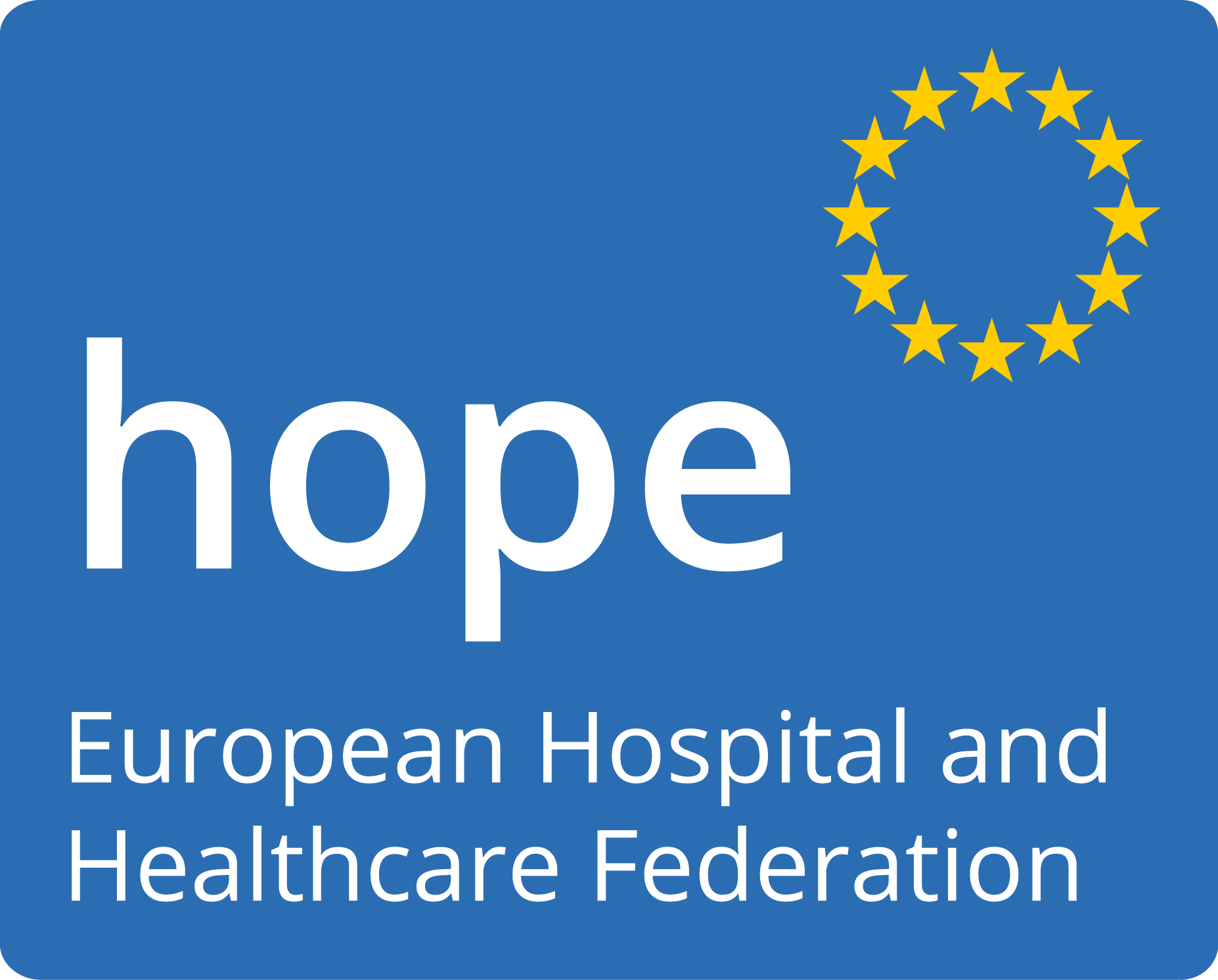In 2016, the European Commission launched a public consultation on the European Pillar of Social Rights. The European Pillar of Social Rights aims to build on, and complement, the EU social “acquis” in order to guide policies in a number of fields essential for well-functioning and fair labour markets and welfare systems. The objectives of the consultation were to make an assessment of the present EU social “acquis”, to reflect on new trends in work patterns and societies and to gather views and get feedback on the role of the European Pillar of Social Rights.
In its contribution, HOPE underlined the link between health and economic development. Indeed, better health is vital to economic progress, as healthy populations live longer, are more productive, and save more.
On 17 November 2017, the European Pillar of Social Rights was proclaimed and signed by the EU institutions during the Gothenburg Social Summit for fair jobs and growth. It sets out 20 principles and rights, divided into three categories: equal opportunities and access to the labour market; dynamic labour markets and fair working conditions, public support /social protection and inclusion.
On 6 December 2018 the EPSCO reached a political agreement on the Commission’s proposal for a Council recommendation on access to social protection for all. Member States committed themselves to develop their national plans within two years.
On 26 September 2019, the EU Commission released a new public consultation on ESF support to social inclusion. The Commission wished to collect opinions on the activities carried out by the EU since 2014 in order to promote social inclusion, combat poverty and discrimination. The information was collected to assess what has been achieved during the 2014-2018 period. Amongst other subjects, the evaluation assessed whether the persons most in need of assistance were adequately reached (including geographically) and which type of support has been the most effective.
On 8 November 2019, the Council adopted the Recommendation on Access to social protection for workers and the self-employed.
On 4 March 2021, the European Commission adopted the European Pillar of Social Rights Action Plan to further implement the European Pillar of Social Rights by setting three headline targets on jobs and skills for the European Union to be achieved by 2030.
On 7 and 8 May 2021, at the occasion of the Porto Social summit hosted by the Portuguese Presidency of the Council of the European Union, the social partners signed up to the three 2030 headline targets set in the European Commission’s European Pillar of Social Rights Action Plan in a joint Porto Social Commitment. In addition, European leaders adopted the Porto declaration on social issues.
Work-life balance
On 26 April 2017, the Commission released a proposal for a Directive on work-life balance for parents and carers. It included the enhancement of the existing parental leave scheme by facilitating uptake by women and men with new measures on payment, flexibility and non-transferability. It introduced a proposal for carers’ leave and paternity leave and the use of flexible working arrangements to all working parents of children up to 12 and carers with dependent relatives. It promoted non-legislative measures to provide more and better care facilities.
Interinstitutional negotiations started in September 2018. The main issues discussed have been: duration, payment and conditions of the leave arrangements as well as transferability of parental leave. A provisional agreement between the three institutions was reached in the 6th trilogue in January 2019. On 6 February 2019 EU member states’ representatives in the EU Council endorsed the provisional agreement on the Directive. The Directive on work-life balance for parents and carers entered into force on 1 August 2019 and Member States have until August 2022 to adopt the laws, regulations and administrative provisions necessary to comply with the Directive.
The Work-life Balance Directive introduces a set of legislative actions designed to modernise the existing EU legal and policy frameworks, with the aims of better supporting a work-life balance for parents and carers, encouraging a more equal sharing of parental leave between men and women, and addressing women’s under-representation in the labour market.
Transparent Predicable Working Conditions
On 21 December 2017, the European Commission published a proposal for a Directive on transparent and predictable working conditions in the European Union (COM(2017) 797 final). The proposal follows an evaluation of the Directive 91/533/ECC, the so called “Written Statement Directive”, that took part within the Commission’s Regulatory Fitness and Performance Programme (REFIT).
To summarize, the proposal for a Directive would establish minimum rights related to working conditions for all employees regardless of the form of employment. HOPE published a Position Paper expressing concerns about the legal uncertainty it would create (lack of clarity in the definition of employer/employee) and the unnecessary costs it would generate for hospitals. In addition, it seems that this proposal is going beyond the scope of the European Union competencies as it would not respect the role and collective agreements of social partners.
On 13 June 2019, the Council adopted the directive. The new law introduces new minimum rights, as well as new rules on the information to be provided to workers about their working conditions. Its main aim is to respond to labour market challenges triggered by demographic developments, digitalisation and new forms of employment.
The Directive applies to all individuals working more than 3 hours per week over four weeks (i.e. over 12 hours per month) but some groups of workers may be excluded from some of the provisions, e.g. civil servants, armed forces, emergency services or law enforcement services. The directive requires employers to inform workers of the essential aspects of the employment relationship, such as the initial basic amount of remuneration, the duration of the standard working day or week when the work pattern is predictable, the identity of the social security institution receiving social security contributions. When the work pattern is entirely or largely unpredictable, employers will also have to inform workers of the reference hours and days within which they may be required to work, the minimum period of advance notice the workers shall receive before the start of work, and the number of guaranteed paid hours.
The directive sets a number of further minimum rights for workers, including the rights:
- to take up a job in parallel with another employer
- to limit the probationary period to a maximum of 6 months, with longer periods allowed only in case where this is in the interest of the worker or is justified by the nature of the work
- to request, after at least six months service with the same employer, employment with more predictable and secure working conditions
- to receive training cost-free, when such training is required by EU or national legislation.
- Member states are free to adopt or apply legislation which is more favourable to workers.
The Directive on Transparency and Predictability of Working Conditions was published on 20 June 2019 in the Official Journal. The transposition in national law should take place before 1 August 2022.
Child Guarantee in the EU
The Commission has launched a broad discussion on a possible action plan to pursue the Pillar’s implementation. As in particular children are vulnerable and often marginalised, DG Employment, Social Affairs and Inclusion will lead the work on a European Child Guarantee.
On 25 August 2020 the European Commission launched a new consultation on the Roadmap for a new initiative on ensuring basic services for all children in need in Europe. The consultation ran until 7 October 2020. The Child Guarantee is meant to ensure that all children in Europe who are at risk of poverty, social exclusion, or are otherwise disadvantaged, have access to essential services of good quality. It will recommend that EU countries invest resources and develop strategies and action plans to ensure that children in need have access to free or affordable services such as:
- education, including early childhood education and care,
- healthcare, nutrition and housing,
- culture and leisure activities.
This consultation checked where EU action could have added value and identify the main challenges as regards the well-being of disadvantaged children.
On 24 March 2021, the European Commission adopted the EU Strategy on the Rights of the Child covering six thematic areas and proposed actions. It was accompanied by a proposal for a Council Recommendation establishing a European Child Guarantee aiming to ensure the free and effective access for children in need to services including healthcare.

